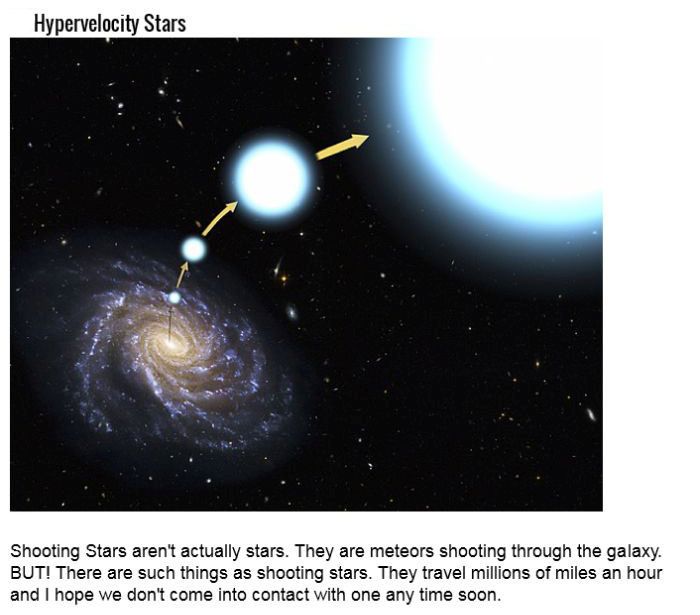|
|
Interesting Facts About Universe
|
General relativity provides a set of ten nonlinear partial differential equations for the spacetime metric (Einstein's field equations) that must be solved from the distribution of mass-energy and momentum throughout the universe. Since these are unknown in exact detail, cosmological models have been based on the cosmological principle, which states that the universe is homogeneous and isotropic. In effect, this principle asserts that the gravitational effects of the various galaxies making up the universe are equivalent to those of a fine dust distributed uniformly throughout the universe with the same average density. The assumption of a uniform dust makes it easy to solve Einstein's field equations and predict the past and future of the universe on cosmological time scales.
Einstein's field equations include a cosmological constant (Λ), that corresponds to an energy density of empty space. Depending on its sign, the cosmological constant can either slow (negative Λ) or accelerate (positive Λ) the expansion of the universe. Although many scientists, including Einstein, had speculated that Λ was zero, recent astronomical observations of type Ia supernovae have detected a large amount of "dark energy" that is accelerating the universe's expansion. Preliminary studies suggest that this dark energy corresponds to a positive Λ, although alternative theories cannot be ruled out as yet. Russian physicist Zel'dovich suggested that Λ is a measure of the zero-point energy associated with virtual particles of quantum field theory, a pervasive vacuum energy that exists everywhere, even in empty space. Evidence for such zero-point energy is observed in the Casimir effect.
• Special relativity and space-time
The universe has at least three spatial and one temporal (time) dimension. It was long thought that the spatial and temporal dimensions were different in nature and independent of one another. However, according to the special theory of relativity, spatial and temporal separations are interconvertible (within limits) by changing one's motion.
|
|









